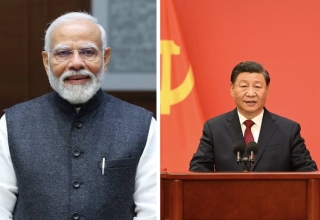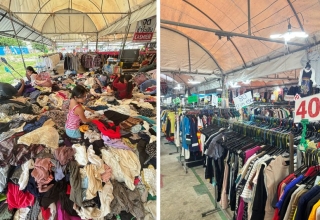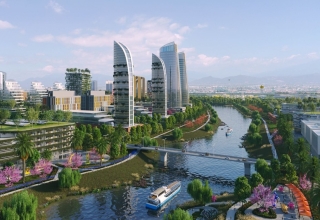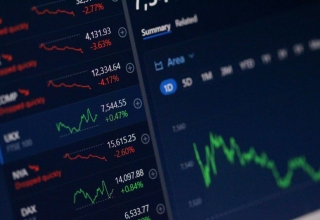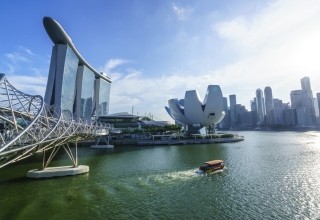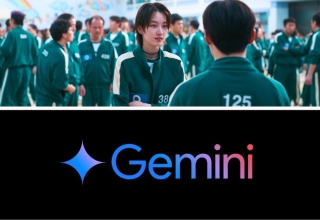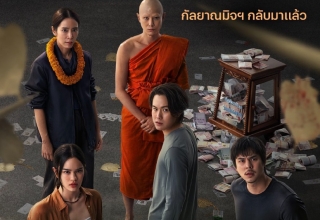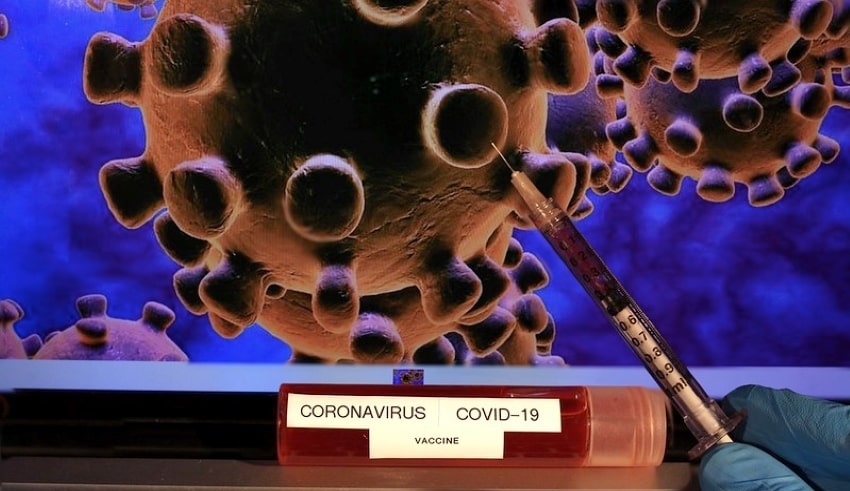
SINGAPORE: Singapore has one of the most successful strategies in the world to fight the coronavirus pandemic, but there is growing concern among rights activists that this is coming at a price, with “unjustified surveillance” through the communication tracing mechanisms of the government.
With slightly more than 59,100 confirmed virus infections, there have been only 29 coronavirus-related deaths in the densely populated city-state of almost 6 million residents.
The country’s advanced health care, robust implementation of virus precautions, and technology-powered touch tracing, which Singapore boasts as the secret to its prosperity, have been attributed to low infection and mortality rates.
TraceTogether, which utilizes Bluetooth technology to estimate the user’s distance from other TraceTogether devices, is one of the main tracing mechanisms. When two users are in close proximity, if a person tests positive for COVID-19 to monitor someone nearby who may have been exposed to the disease, their devices share encrypted data that can be decoded by the Ministry of Health.
When TraceTogether was rolled out in March 2020, the government said that the decrypted data of the app would only be used for touch tracing purposes. However, the Smart Nation and Digital Government Office announced earlier this month that if a significant criminal crime has been committed, the data would still be able to be used by the police. Authorities say the app is used by over 70 percent of Singaporean citizens.
Using the app is supposedly voluntary for Singaporean citizens, but in reality anyone accessing a public venue must either have a TraceTogether app or token, or scan a QR code and register with their name and identification document number for shopping malls, restaurants, clinics.
Migrant workers, however, are required to have the tracing app on their phones, after a surge of infections in April last year led the government to put their dormitories on lockdown, restricting the movement of almost 300,000 people.



